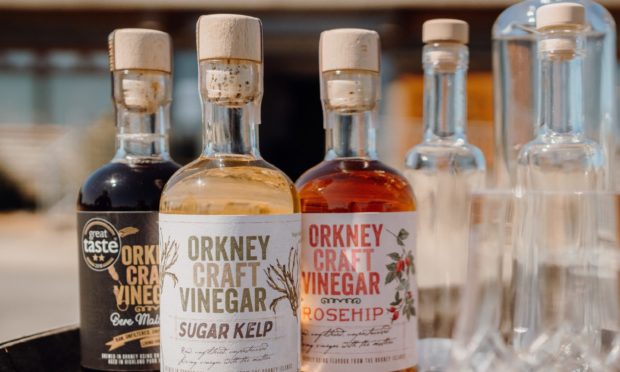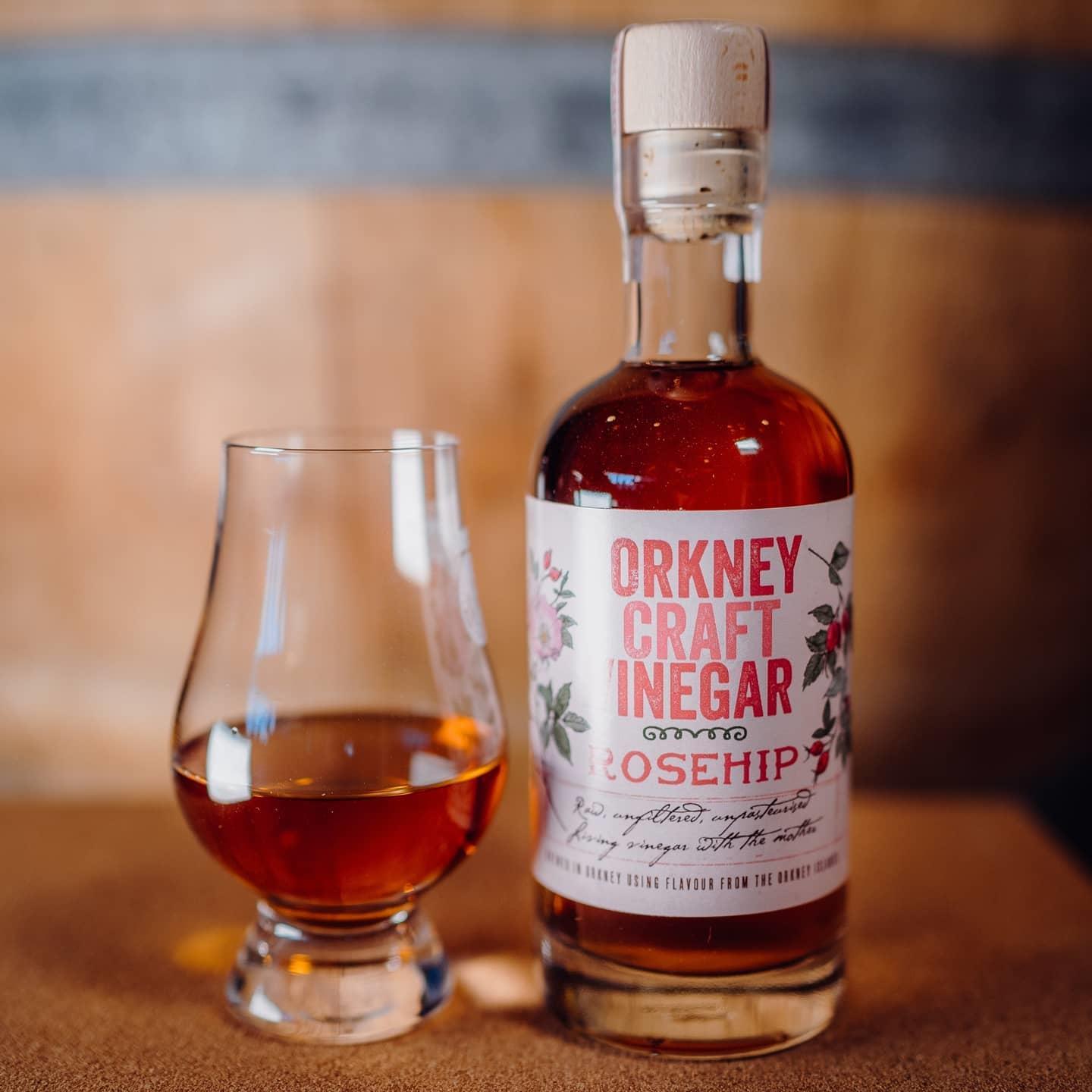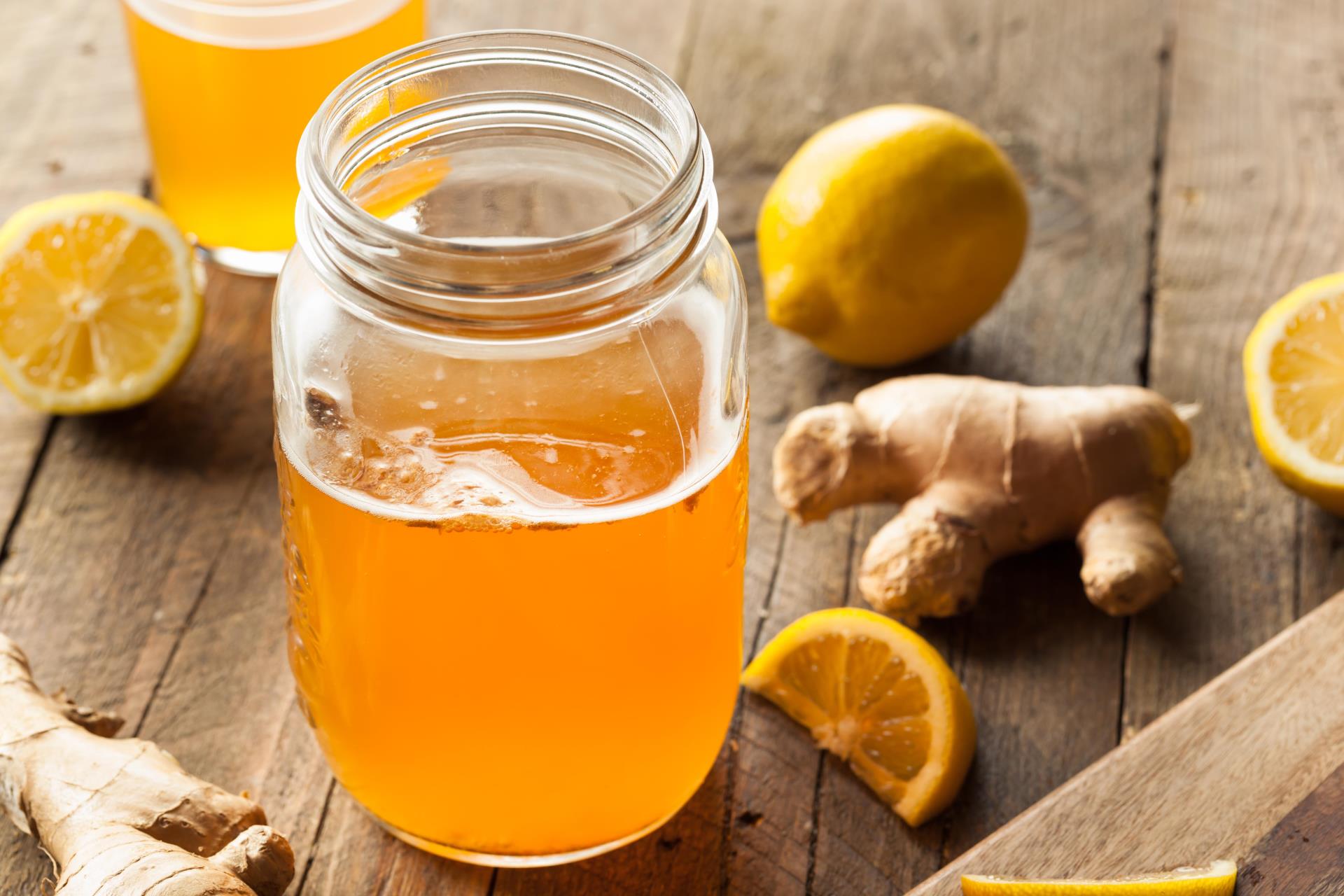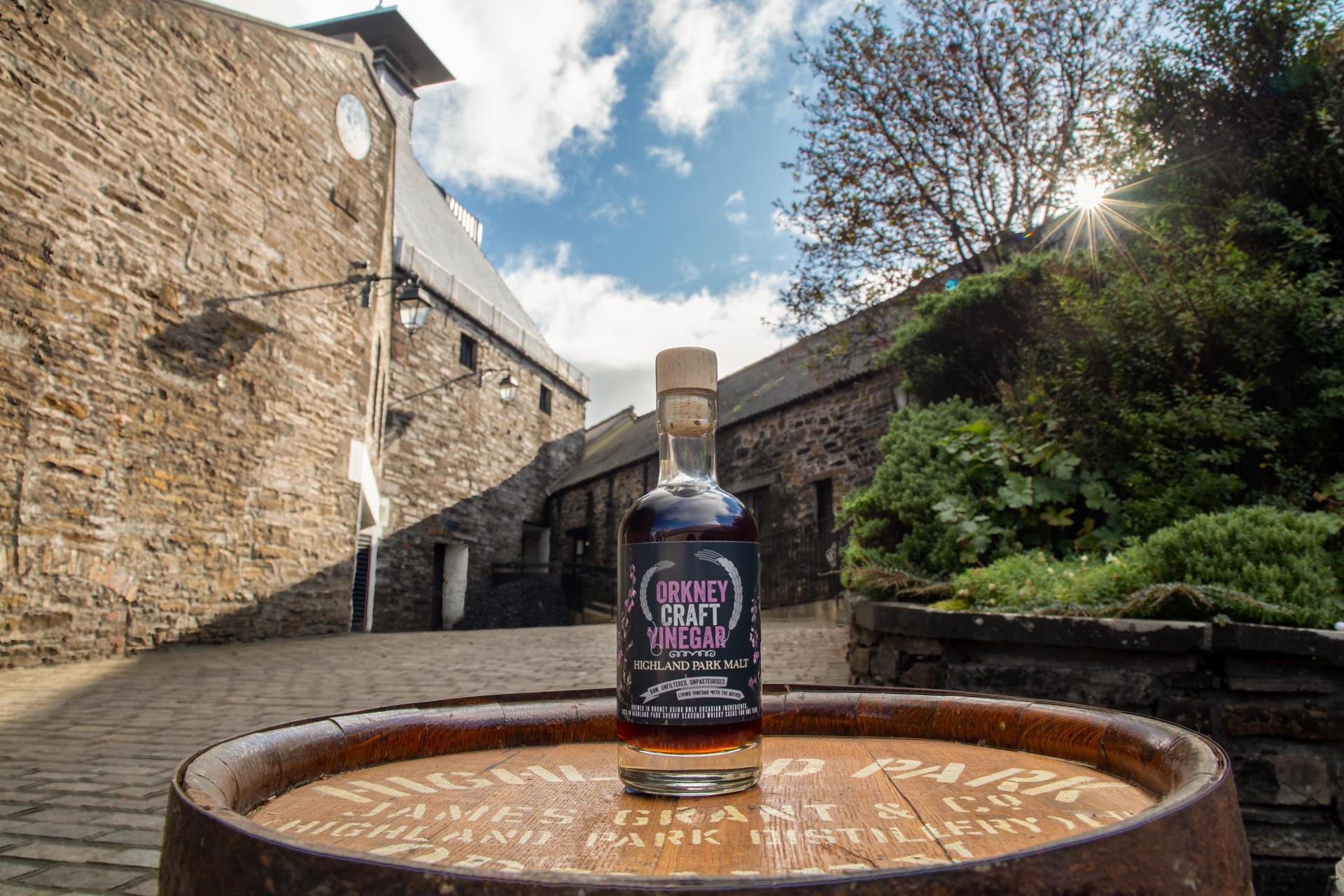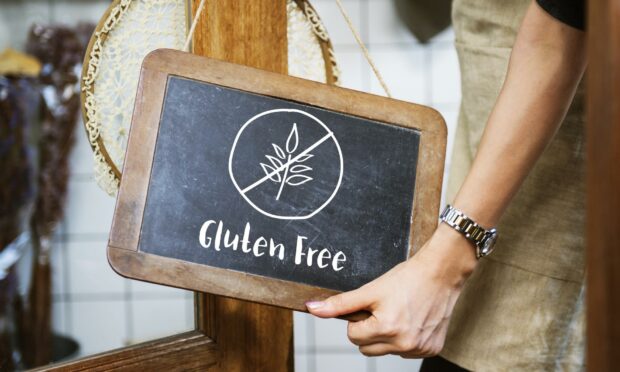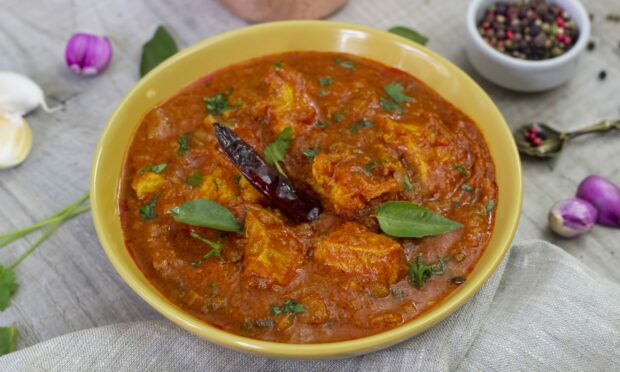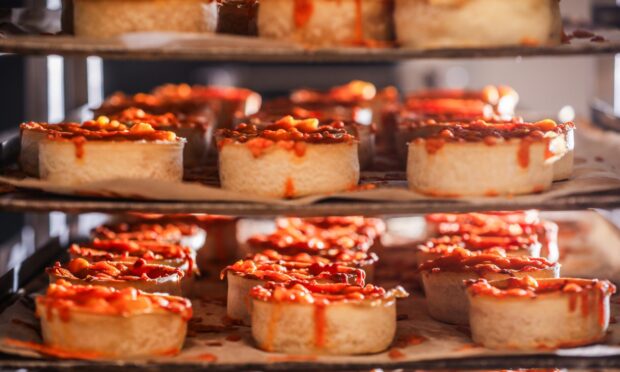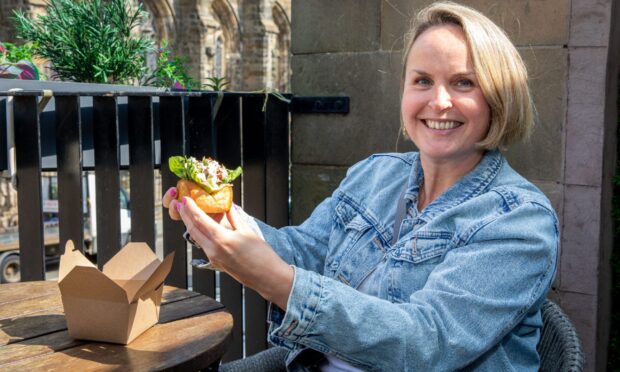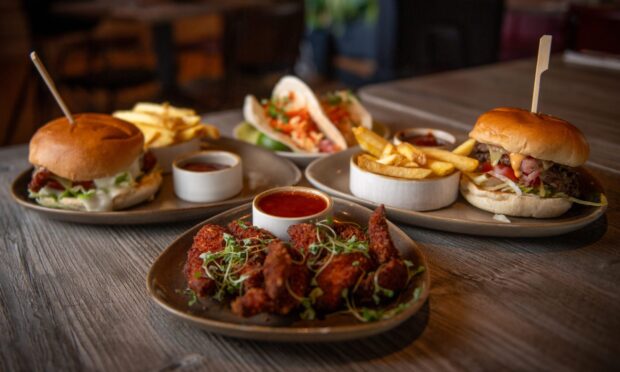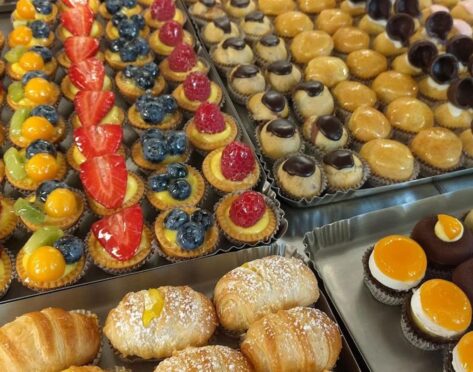Vinegar is stepping back into the limelight with a focus on health and wellness continuing into the new year…
Over the past few years there’s been no denying that interest in gut health, weight loss and supporting our immune system has continued to peak.
With new products, such as kombucha, hitting the market proving increasingly popular, celebrities kick-starting their days with apple cider vinegar they swear by and other gut-boosting products out there that are said to be good for you, it is no surprise we are now looking to our gut first when it comes to assessing our overall health.
Apple cider vinegar, especially, has seen a resurgence in popularity thanks to celebs like Victoria Beckham and Kourtney Kardashian who have cited it as something they drink once or twice a day with water as a natural weight loss aid and appetite suppressant.
However, while there isn’t sufficient research to support their claims, what it can do is help settle the pH of bacteria in your gut and kill off any bad bacteria that may be lurking there, too.
And to set the record straight, it isn’t just apple cider vinegar that is good for you in moderation. Other live vinegars that aren’t pasteurised can also help balance pH levels in the stomach and are just as beneficial as the apple cider version.
If it’s live vinegar, it’s good vinegar
Based in Orkney, Sam Britten founded his firm, Orkney Craft Vinegar, in a garage in 2017 creating raw, unpasteurised, unfiltered, living vinegar.
Moving to a larger premises two and a half years ago, the businessman says his vinegars boast the same health beneficiary properties as apple cider vinegar, and providing they aren’t pasteurised, all vinegars will work in the same manner.
He said: “The vinegars I make are much like the apple cider vinegar. Information about how live vinegars work the same was published by a company called BRAGG – and the team who worked on it have a PhD in healthy foods. I think there’s a lot of information on this sort of thing out there but not many people realise they have the same benefits. Any probiotic like kombucha, vinegar, live yoghurts and stuff like that is good for healthy bacteria in your gut.
“It doesn’t matter what sugar base you use, whether it’s apple, damson, any sort of berries or anything else, they all have that healthier aspect to them as they are live and not pasteurised.
“People only push that it is apple cider vinegar that is good for your gut, or that’s the perception, but actually it isn’t just that. We have a seaweed vinegar, for example, which is live and seaweed has massive health benefits and that is our sugar base, not apples. Then there’s malt. Malt has its own health benefits, as do the rosehips we use with vitamin C, plus all the active bacteria is the thing that is actually good for you.”
Sam, who formerly worked as a chef, moved to Orkney seven years ago to launch his own company. While his products are unique due to being made with ingredients found and sourced only from Orkney, he says diversification will allow him to reach wider markets that are also beginning to boom.
Kombucha and savoury drinks
Launching a new savoury drinks line in the coming months, Sam has explored the ways in which his vinegar will be used to make kombucha, a fermented sweet tea which has seen huge success over the past year with the rise of wellbeing and healthier drink alternatives.
He added: “If you want to make a quick kombucha, all you need is some good quality vinegar, a little but of sugar, water and a soda stream. You can judge the balance of acidity and sweetness that you like and you’re then left with potentially the same product many of the big brands are making, but one that is easier to mix yourself on the hoof.
“We’re now making kombucha ourselves and the only difference is most use a SCOBY (a symbiotic colony of bacteria). In a sweet tea, the residual yeast in the starter tea ferments the sugar while the acetic acid bacteria is converting the alcohol into a vinegar.
“Kombucha is really a weak vinegar. It isn’t a regulated product as such and anyone can make it, but you need to know what you are doing with it to ensure you ferment it properly. It is a really good product for your gut.
“We’re looking to create a savoury drinks market with the product – things that aren’t too sweet. We’re going to do a kelp version with a saline and iodine element to it and work with things like koji (a Japanese filamentous fungus) to get different flavours. Koji is a mould that is used in Japanese methods of malting. It converts the sugars by using the mould. We malt by germination and they do it with this crazy mould. I like no or low alcohol drinks as I’m T total and I don’t think there’s a huge offering for alternative drinks when you go out.”
Growing his own tea
Hoping to relocate to a new premises early this year, the plan is to move to a space where Orkney Craft Vinegar can grow more of its own ingredients, including teas from across the world. Sam plans to do just that by investing in a vertical growing wall in the new premises, with the help of new investors who are keen to see the business progress.
While the vinegars are already favoured by celebrity chefs including James Martin and Nick Nairn, Sam hopes the kombucha drink will go down just as well with customers and other chefs across the country.
“Because there is tea involved in the kombucha, we’ve spoken to the Agronomy Institute and we’re trying to get funding for a vertical growing wall so we can grow our own tea,” said Sam.
“It is possible as you can recreate the perfect conditions from wherever your favourite tea is from. You can create it with UV and humidity settings and the nutrients you put into it digitally by imputing a few codes into the equipment.
“I think we’re going to have to import tea initially to get us off the ground, but the main aim is to grow our own tea and use it in the products. We will look to launch early this year. I’ve done the first seed batch and I’m just waiting for more space to get things moving. I’m tweaking recipes just now, but it will be good to get another line out there. People want to try kombucha, so it will be interesting to see how it goes. We have a strong customer base so hopefully they will like it.
“We use products from Orkney, so our flavours are dictated by the local larder. For us, it needs to tie into Orkney. I am very aware of where things are travelling from in order to get to us, so I’m quite strict with it. It is ‘principles before profit’ for me.
“We’re carbon neutral and have an electric van, all the power is run off the windmills and it is just what is coming in. If we’re importing malted barley from the south, which we have to do as there’s no facility here, I’m now looking to make my own in a small capacity if I can.”
For more on gut health…
